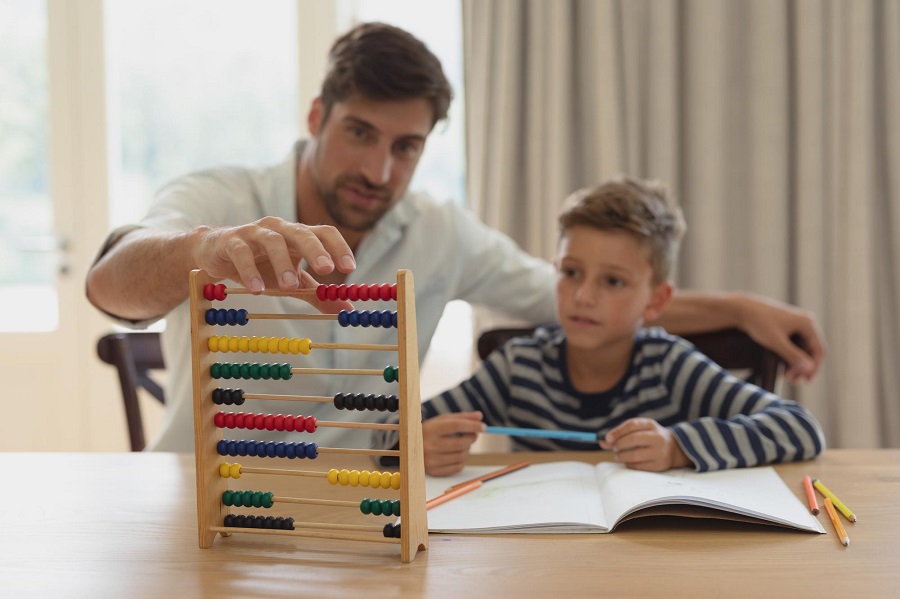
Algebra is a foundational math skill that helps children develop problem-solving and logical thinking. As a parent, understanding the basics of algebra can help you confidently support your child’s learning journey. This algebra guide for parents offers practical tips to make algebra relevant and less intimidating for you and your child.
By connecting algebra to everyday activities and encouraging a positive attitude, parents can boost their child’s success. This guide describes how to simplify algebra concepts and turn challenges into opportunities for growth and fun learning.
Understanding the Basics of Algebra
Algebra was invented by the Persian mathematician Muhammad ibn Musa Al-Khwarizmi in the 9th century. Working in Baghdad, he introduced a new way to solve math problems through his book Al-Jabr, from which the word "algebra" is derived. His work laid the foundation for algebra as an independent branch of mathematics.
What is Algebra?
Algebra is the branch of mathematics that uses symbols and letters to represent numbers and relationships.
It helps in expressing problems or situations with mathematical expressions and equations. Algebra develops problem-solving and logical thinking skills, essential for everyday life and future learning.
Connecting Algebra to Real-Life Situations for Better Learning
Algebra is all around us, even when we don’t notice it. From cooking to shopping, algebra helps solve everyday problems by finding unknown values and making decisions easier. Understanding these real-life examples can help parents connect algebra concepts to daily activities and support their child’s learning.
Here are some practical examples of algebra in daily life:
- Cooking: Adjusting a recipe for more or fewer servings involves multiplication division, and basic algebra.
- Budgeting: Tracking income and expenses helps balance finances with algebraic thinking.
- Travel Planning: Calculating travel time using distance and speed involves algebraic formulas.
- Shopping: Figuring out discounts or comparing prices uses algebraic expressions.
- Scheduling: Planning activities within a limited time requires solving for unknown durations.
- Home Projects: Measuring and cutting materials use algebra to ensure accuracy.
By seeing algebra in everyday life, children learn it’s not just abstract math but a useful tool. Parents who relate algebra to practical tasks make learning more meaningful, encouraging their child’s confidence and success in math.
Tips for Parents to Support Their Child in Learning Algebra
Supporting a child in learning algebra can be rewarding yet challenging for many parents. With the right strategies, parents can help their children build confidence and understanding. Here are easy and practical tips to make algebra learning smoother and more enjoyable at home.
1. Stay Positive About Algebra
Avoid saying you’re “bad at algebra.” A positive attitude helps your child feel confident and less anxious about math. Focus on encouragement and teamwork, even if you don’t know the answers right away.
2. Practice Regularly
Set aside daily time for algebra practice. Consistent practice strengthens skills and makes algebra feel more familiar and less intimidating over time.
3. Break Problems Into Steps
Help your child break complex algebra problems into smaller, manageable steps. This approach simplifies solving and improves focus.
4. Use Real-Life Examples
Relate algebra to everyday situations like shopping discounts or measuring ingredients. This makes abstract concepts relatable and fun to learn.
5. Communicate With Teachers and Tutors
Stay connected with your child’s teacher or tutor. They can provide insight into your child’s strengths and weaknesses and suggest ways you can help at home.
6. Encourage Reading the Problem First
Teach your child to read algebra problems carefully before solving. Highlighting key details helps avoid mistakes and builds problem-solving skills.
By following these simple tips, parents can create a supportive environment where children enjoy learning algebra and develop lifelong math skills.
Every parent wants to support their child’s success in algebra, but often wonders where to begin. Having the right resources and tools makes a big difference in helping your child grasp algebra with confidence. With the right support, those tricky algebra challenges can turn into exciting learning moments.
If you're looking for expert help, MathsAlpha offers tailored online algebra classes for Year 7 to 11 students across the UK. Our skilled tutors provide personalised guidance to improve your child’s skills and confidence. Reach out to us at info@mathsalpha.com or call +44 7834 229046 to get started and watch your child’s algebra journey thrive.
Frequently Asked Questions
Recent Blogs
-
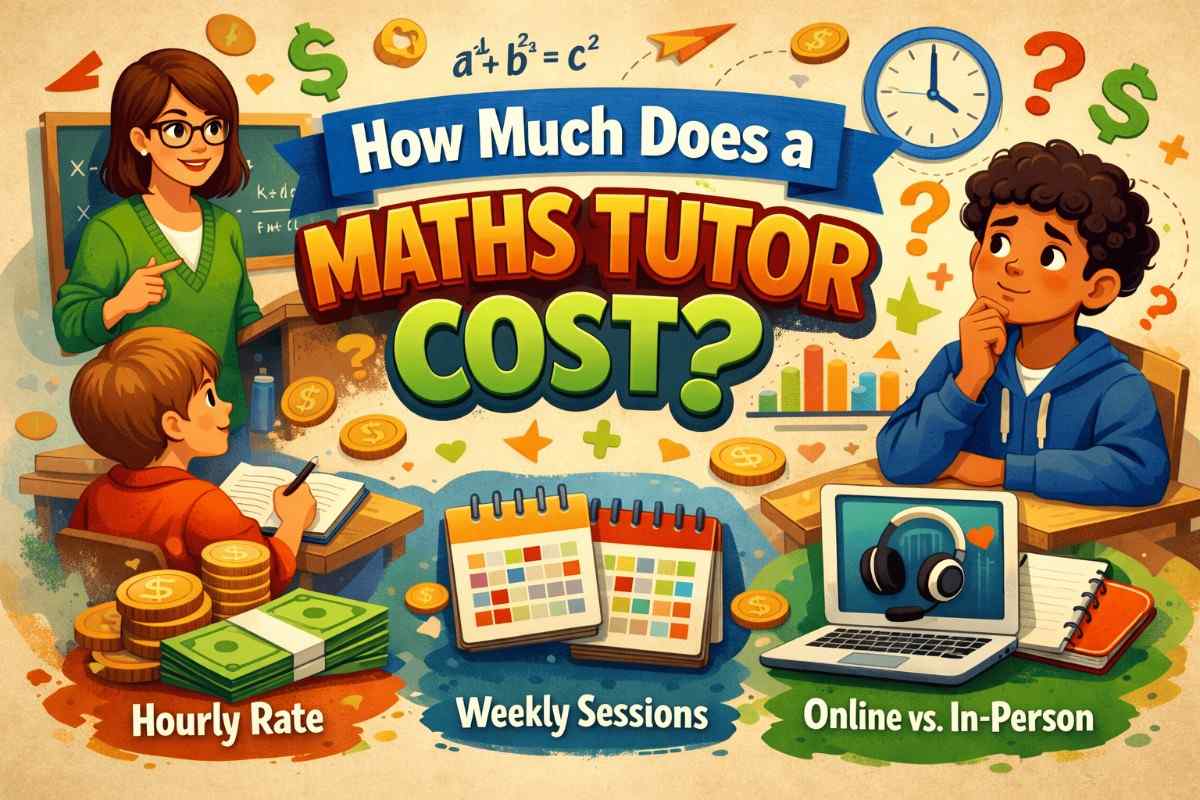 15 Jan 2026
15 Jan 2026How Much Does a Maths Tutor Cost?
-
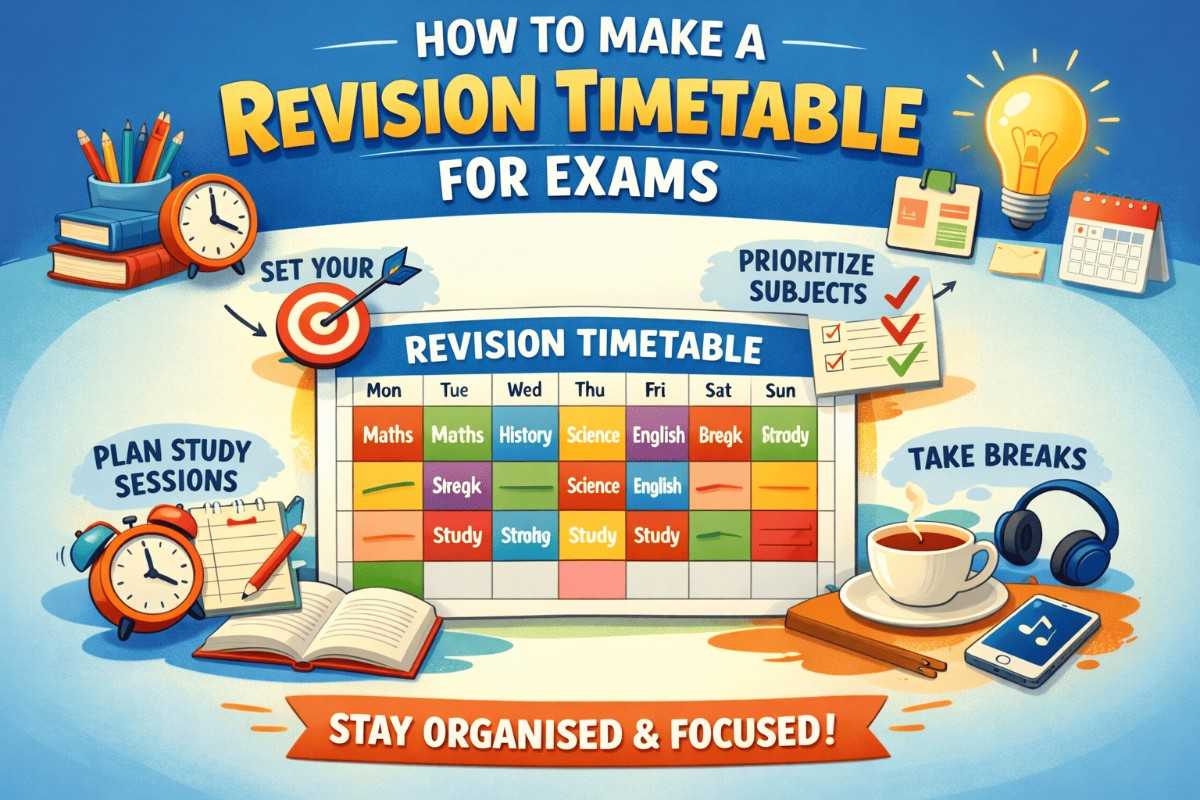 14 Jan 2026
14 Jan 2026How to Make a Revision Timetable for Exams
-
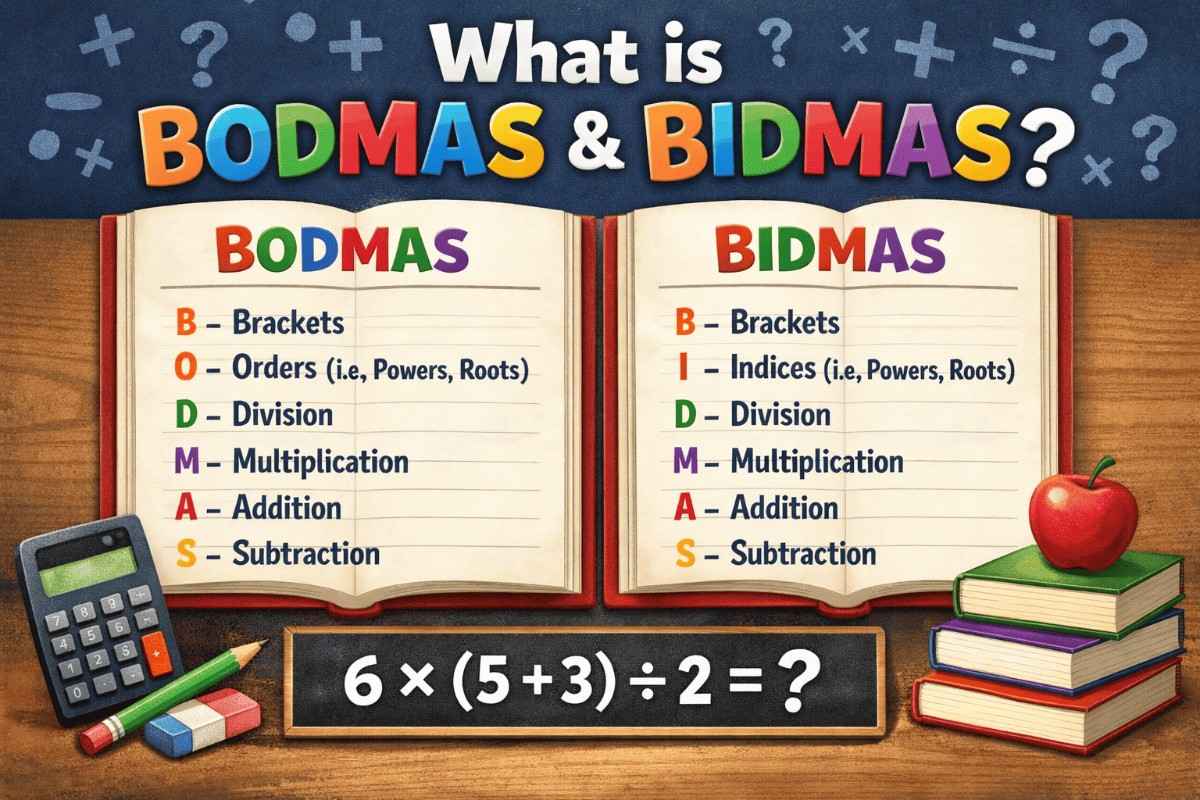 08 Jan 2026
08 Jan 2026What Is BODMAS and BIDMAS?
-
 03 Jan 2026
03 Jan 2026How to Calculate Probability for GCSE Maths
-

-
 04 Dec 2025
04 Dec 2025A-Level Maths Questions Students and Parents Ask
-
 18 Nov 2025
18 Nov 2025Why Do Kids Struggle with Geometry?
-
 14 Nov 2025
14 Nov 2025Who Invented Zero and How It Changed Maths
-
 11 Nov 2025
11 Nov 2025What Is A Prime Number?
-

-
 03 Oct 2025
03 Oct 2025How to Get an A* in A Level Maths
-

-
 25 Sep 2025
25 Sep 20255 Tips for Success in Maths Exams
-
 16 Sep 2025
16 Sep 2025How Maths Is Used in Everyday Life - 11 Examples
-
 09 Sep 2025
09 Sep 2025GCSE Maths Guide for Parents and Students
-
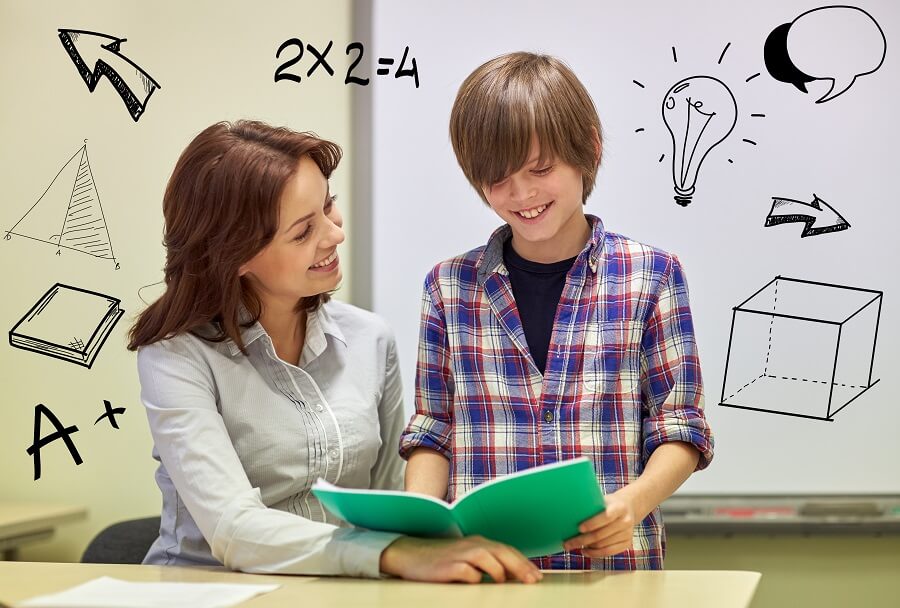 05 Sep 2025
05 Sep 2025What is the Year 9 Maths Curriculum?
-
 01 Sep 2025
01 Sep 2025A Level Maths Topics and Exam Success Guide
-
 23 Aug 2025
23 Aug 2025What is Covered in Year 7 Maths Curriculum?
-
 19 Aug 2025
19 Aug 2025Difference Between GCSE Maths and A Level Maths
-
 12 Aug 2025
12 Aug 2025How to Choose the Right Maths Tutor in the UK?










